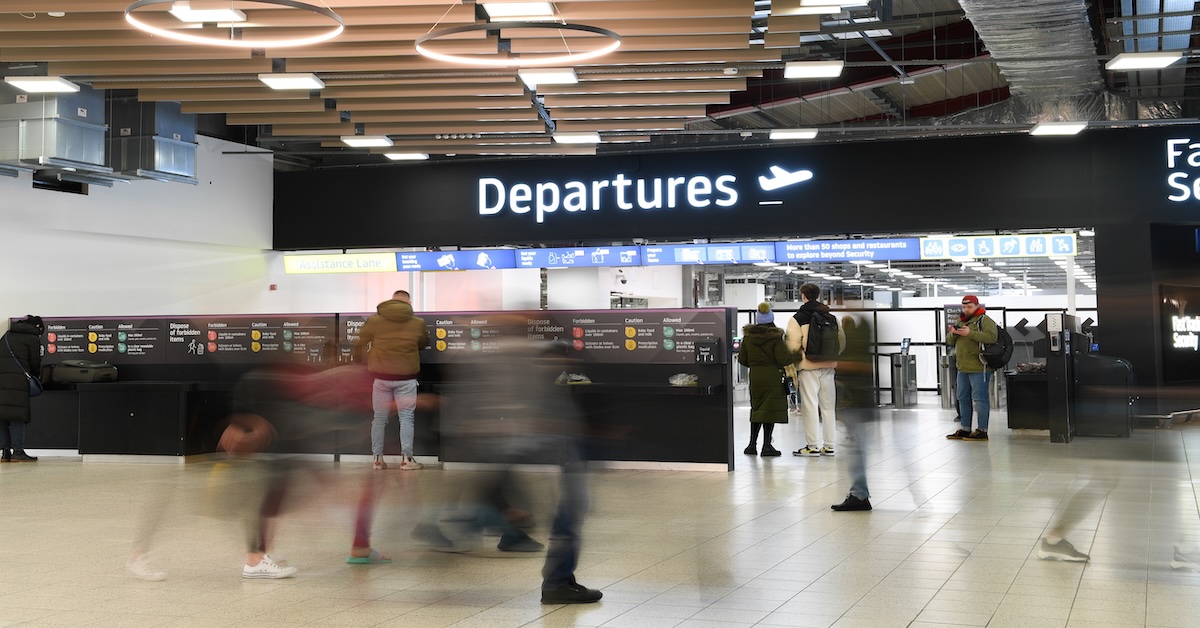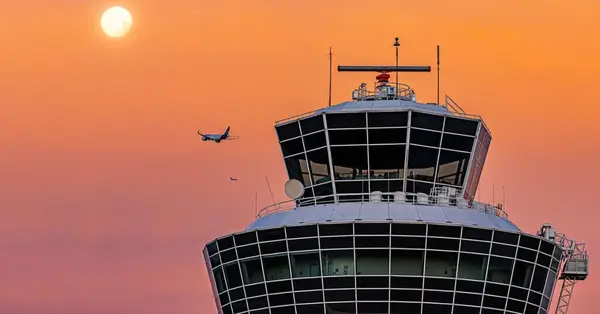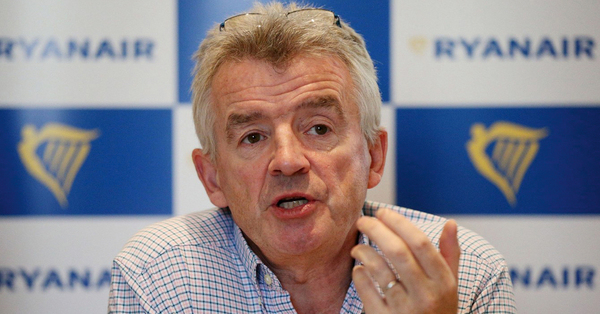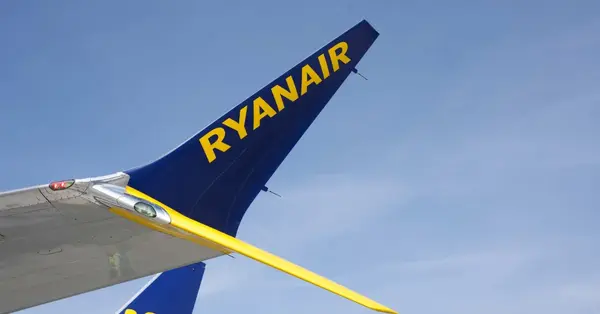You are viewing 2 of your 2 free articles
Government urged to collaborate on net zero to ‘revolutionise’ aviation
An updated net zero carbon road map reflecting advances in sustainable aviation technology made in the UK is being detailed by the Sustainable Aviation coalition.
The group is calling on the sector and government to work together to “revolutionise” aviation.
It warned that the UK’s position is at risk without targeted government support.
Sustainable Aviation said: “Delivering accelerated progress towards a UK-wide net zero CO2 emission future requires aligning all of government on a strategic plan, to ensure sufficient low carbon electrical and hydrogen generation is in place, to meet the increased energy demands with UK aviation receiving its fair share alongside other industries.”
More: Key issues to be aired at Abta aviation forum
The revised road map highlights the “vital role” and potential for sustainable aviation fuel (SAF) and zero carbon emission technologies such as hydrogen-powered aircraft and carbon removal technologies, together with advances in modernising airspace to help UK aviation reach net zero by 2050.
The road map “models the reality that the increased cost of decarbonising aviation will inevitably reduce passenger demand. The demand reduction due to the costs of decarbonisation represents around 14 % of the industry’s reduction in CO2 emissions.
“However, this modelling also shows that, even with slightly higher costs, people still want to fly, with overall growth in passenger numbers of almost 250 million by 2050.”
Being introduced at the Sustainable Skies World Summit at Farnborough today (Monday), it updates previous plans published in 2020 and 2021.
Urgently introducing a price support mechanism for SAF is essential for unlocking investment and ramping up UK production, the coalition urged.
“This will ensure UK supply of SAF is available to help meet the UK demand created by the government’s 10% SAF mandate by 2030,” the group said.
“We believe funding a UK price stability mechanism for SAF could be achieved through the recycling of revenue gained from the end of free aviation carbon allowances in the UK ETS [emissions trading scheme] from 2025 or 2026.
“This follows the ‘polluter pays’ principal of decarbonisation, means no taxpayer subsidy, and stops the economic benefits of SAF production from being captured by other countries with incentive schemes already in place.”
The coalition wants to see UK airspace modernisation completed by the end of the decade together with SAF production “at scale” via five production plants under construction by 2025.
Sustainable Aviation chair Matt Gorman said: “This is the critical decade where aviation must prove it will decarbonise.
“Our updated net zero carbon road map shows that we have a clear, credible path to take the carbon out of flying.
“Through a combination of sustainable aviation fuel, more efficient aircraft and airspace, zero emission planes and carbon removals, we can protect the huge benefits of aviation for future generations without the carbon cost.
“But we’ll do it faster, and create more jobs and investment in the UK, with the right policies, working in partnership with government.
“The US and Europe are surging forwards in the race to create new industries in sustainable aviation fuels and technology. The UK has all the natural advantages to be able to join them – but we need to move quickly.”
Virgin Atlantic chief executive Shai Weiss added: “This road map highlights the critical role that sustainable aviation fuel will need to play in decarbonising UK aviation.
“As well as helping to meet our collective net zero 2050 goal, a UK SAF industry supports our energy security and creates economic growth through an innovative new green industry.
“With the right level of government support and partnership across industry we can make this vision a reality, securing a more sustainable future for the UK’s world leading aviation sector.”
Airbus communications and corporate affairs executive vice president Julie Kitcher said: “Alongside a focus on operational efficiencies and scaling up SAF solutions, our sector is making great strides towards developing the disruptive technologies necessary for a hydrogen-powered commercial aircraft.
“Investment in these strategic innovations is critical if we are to continue our fast-paced research and development.
“Equally important is investment in the associated ecosystem, making sure aviation has access to the right energies, at the right price and at the right locations. Only if government and industry work together will we succeed in revolutionising our sector.”
Transport secretary Mark Harper said:? “This government is a determined partner to the aviation industry – helping accelerate new technology and fuels, modernise their operations, and work internationally to remove barriers to progress.
“Together, we can set aviation up for success, continue harnessing its huge social and economic benefits, and ensure it remains a core part of the UK’s sustainable economic future.”


















